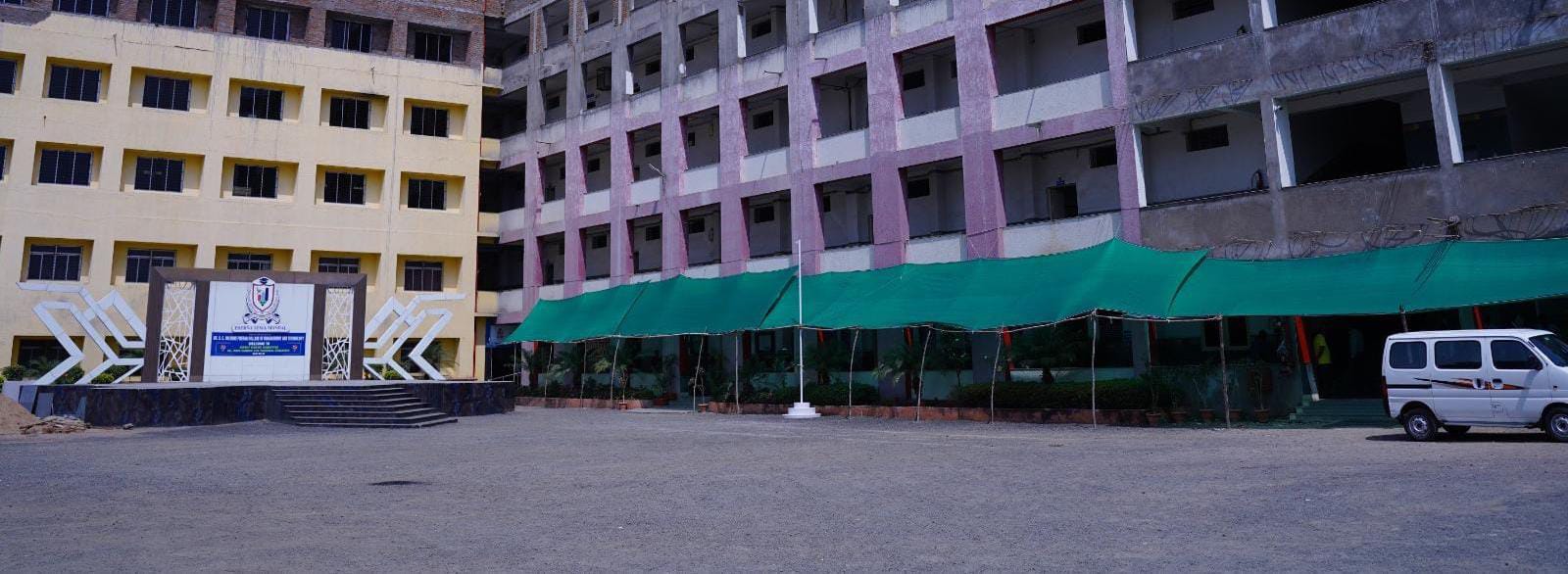Campus Process
Campus placement stands as a pivotal element in a student's academic journey, offering the chance to secure employment prior to graduation. It presents a multitude of benefits including
Campus placement is a crucial aspect of a student's academic journey as it provides an
opportunity for students to secure a job before graduating.
Here are some of the key importance
of campus placement:
1.Early Employment Opportunities: Acting as a bridge between students and potential employers, campus placement alleviates the stress of job hunting by facilitating early job acquisition.
2.Industry Exposure: Through campus placement, students gain invaluable exposure to various industries, interacting with professionals, staying updated on industry trends, and understanding market demands.
3.Skill Augmentation: Participating in campus placement drives students to enhance their skills, aligning with industry requirements and fostering professional development.
4.Networking: Campus placement fosters the creation of professional networks, enabling students to forge connections with industry experts and peers, which can prove instrumental in future career endeavors.
5.Competitive Advantage: By showcasing their skills and abilities, students gain a competitive edge, making a favorable impression on potential employers and positioning themselves as standout candidates.
6.Confidence Boost: Engaging in campus placement activities bolsters students' confidence, honing interview skills, communication abilities, and overall personality development.
It is imperative for students to prepare diligently and capitalize on the opportunities presented by campus placement.
Eligibility criteria
The campus placement procedure encompasses various phases, including pre-placement presentations, aptitude assessments, group discussions, technical interviews, and HR evaluations. Let's delve into each of these stages
1.Pre-placement presentations: During this phase, companies visit the campus to deliver talks introducing students to their organization, available job roles, requirements, and the selection process.
2.Aptitude assessments: Firms conduct tests to evaluate students' logical reasoning, problem-solving capabilities, numerical proficiency, and communication skills. Typically comprising multiple-choice questions, these assessments are time-constrained.
3.Group discussions: Following aptitude tests, students are grouped for discussions to assess communication skills, confidence, and leadership traits. Participants are given topics to express their opinions on.
4.Technical interviews: Students successful in group discussions proceed to technical interviews, evaluating their proficiency in their field of study. Questions related to their subject matter expertise and problem-solving abilities are posed.
5.HR interviews: Upon clearing technical interviews, students progress to HR interviews, assessing their personality, behavior, and compatibility with the company's culture. Queries focus on interests, strengths, weaknesses, and long-term career objectives.
6.Upon completion of all stages, successful students receive job offers. It's worth noting that the process varies among companies, with some opting out of certain stages.
Campus placements offer students an opportunity to initiate their careers, gain industry exposure, and secure employment before graduation. Additionally, companies benefit by accessing a pool of talented individuals trained in their respective fields.
The campus placement process plays a pivotal role in a student's academic journey, providing a platform to showcase skills and secure desired employment. Adequate preparation and showcasing one's best qualities are crucial for maximizing this opportunity.
Steps of Campus Process:
The campus recruitment process comprises various phases, including preliminary talks, aptitude assessments, group discussions, technical interviews, and HR evaluations.
Let's delve into each of these steps:
1.Preliminary talks: Companies visit the campus to conduct talks introducing students to their organization, available job roles, requirements, and the selection process.
2.Aptitude assessments: Firms administer tests to gauge students' logical reasoning, problem-solving, numerical, and communication skills, typically consisting of multiple-choice questions within a time limit.
3.Group discussions: Following the aptitude test, students are grouped for discussions to assess communication, confidence, and leadership skills. Topics are provided for students to express their views.
4.Technical interviews: Students who pass the group discussion stage proceed to technical interviews, evaluating their technical skills in their field of study. Companies inquire about the student's subject matter expertise and problem-solving abilities.
5.HR interviews: Upon clearing the technical interview, students advance to HR interviews, assessing personality, behavior, and cultural fit. Questions may focus on interests, strengths, weaknesses, and long-term career aspirations.
Upon completion of all stages, successful students are offered positions. It's important to note that the process may vary among companies, with some omitting certain stages.
Campus placements offer students an opportunity to launch their careers, gain industry exposure, and secure employment before graduation. Additionally, companies benefit from accessing a pool of talented, rigorously trained students.
The campus recruitment process plays a crucial role in a student's academic journey, providing a platform to exhibit skills and secure desired employment. Adequate preparation and presenting one's best self are essential to maximize this opportunity.



